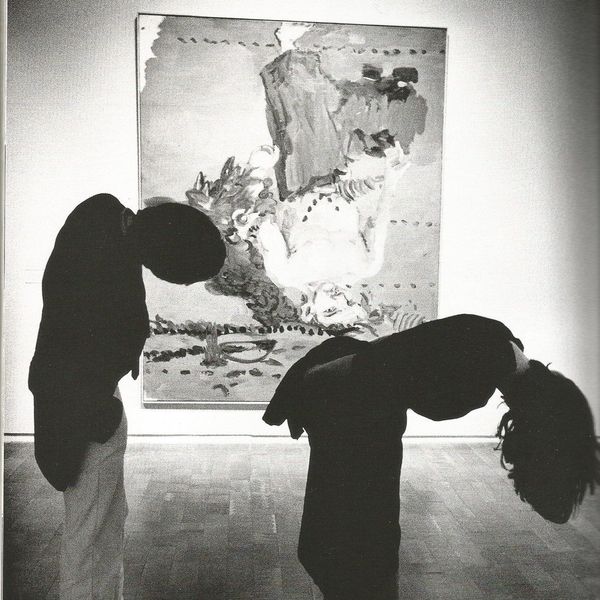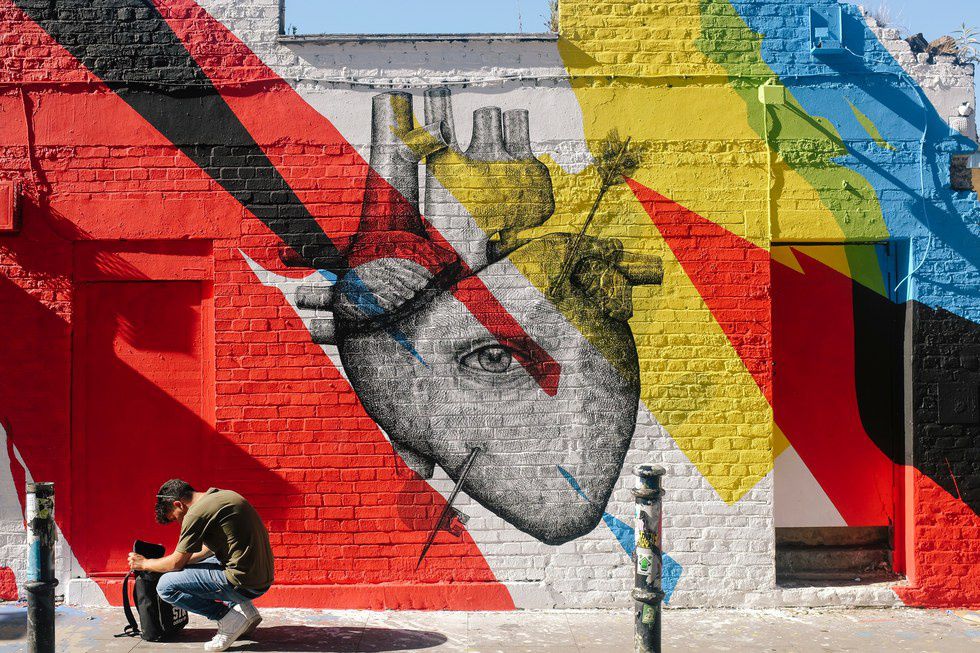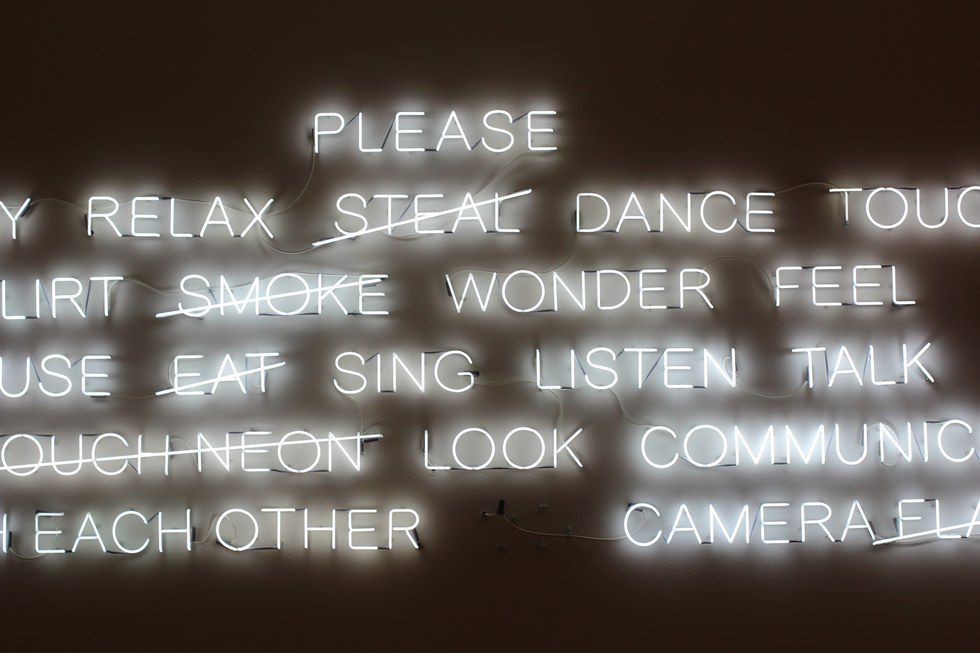I have finally finished my first semester of college, but what do I have to show for it? Lost of stories, of course, but mostly a bunch of jokes when we decorated gingerbread cookies: “I go to ART school.” One of the most common questions of this semester has been, what is art?
Art, to me, is any form of expressing the human experience. Art is not so straightforward as simply a piece of writing or painting, or even putting a film together, but rather the collection of all that went into it creating something representative of the artist’s perspective. By putting these ideas out into the world, we as humans have the ability to view almost inside each other's minds, even collaborate on topics to gain a better understanding of our “human” community as a whole.
The way many people work through hard times or conflicting morals is through art—through the output they give to the world. Then, others consume that output, maybe build on it, maybe disagree with it, and eventually polish some thought or principal into a law or social standard. I think all ideas have, in some way, stated as art that had not been based solely on survival instinct. The first great thinkers, in my opinion, crafted the art of humanity. The art of interaction, language, morals, feelings—all these ways we express ourselves and attempt to understand and live with each other to me is a form of art in its origin.
Art relates to social change; the original idea of change is creative in itself. The idea of a new idea is the art of thinking. We change our society by thinking, theorizing, testing, coping, and relating. Art creates social change because the creativity that requires change comes from the same place as art—the processing and refining of the human experience.
Art as a tool for social change is completely valid for both the processing of social and political standards and the altering of those beliefs. Art is almost always a social activity because of the way society showcases art and individuals consume it. And change in itself has to be creative because our brains cultivate art and new ideas. Why, then, if both of these statements can be true, would one not consider art as a mechanism for social change? Not only that, but couldn't we extrapolate that social change is a form of art, or at least supported and represented by art?
This isn't purely political, writing and fine lines. The main facet of social change is the idea that a paradigm shifts within the minds and ideals of a community of people—not that some law forced them to and they automatically agree. The “social” part of social change is the relaying of emotions and the emphatic that ideally results from that. Social change isn't drawn up on a contract; true social change is a culmination of people coming together and changing each other's minds through empathy, through music, paintings, videos, writings, and conversations- through art.






















